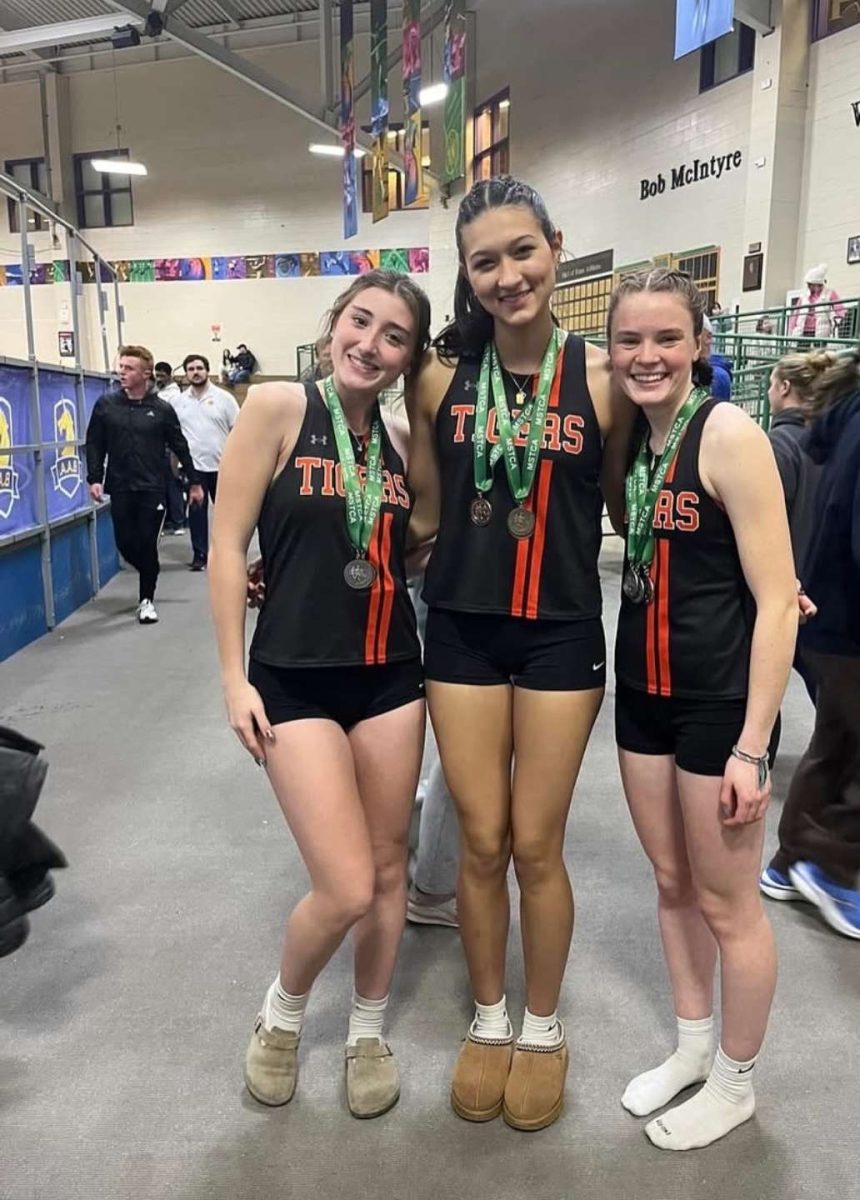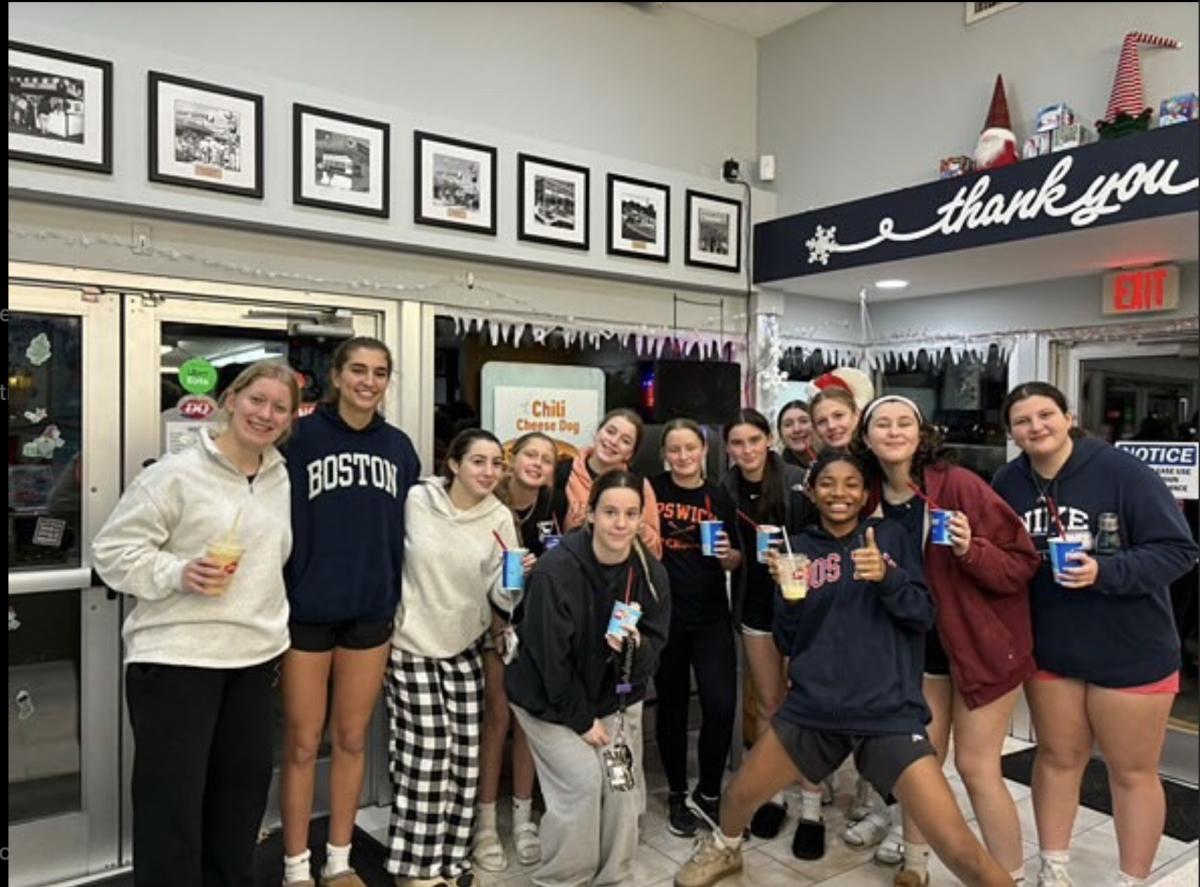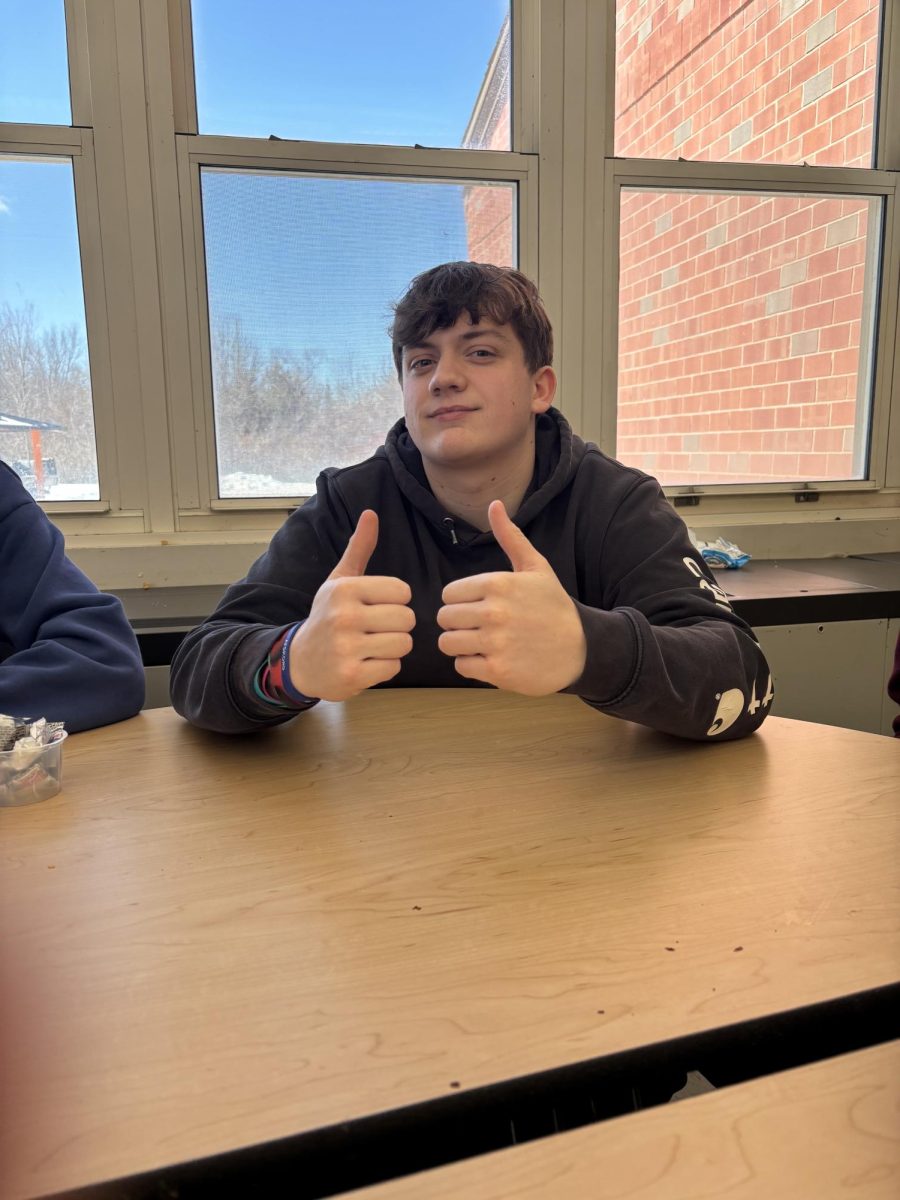Co-op sports teams isn’t a subject often touched upon, but there are many factors that go into these teams. But are co-op sports teams really beneficial or do they have some downsides? In this article you will be taking a deeper look into the pros and cons of a co-op sport team.
Ipswich High School is a smaller school which means it is harder to get a higher number for all sports teams, fall through spring. Now co op sports teams have their pros and cons. Some cons including the non host schools having harder times getting people to actually join due to the struggle of getting there and wanting to participate with other schools in others surrounding towns and Low turnouts in multiple different sports whereas some pros include adding numbers from smaller schools to bigger schools has been proven to work better because of the school sizes and pulling from more smaller schools to a big school worked and the fact that co op teams can give opportunities to students that maybe don’t have the certain sport they play at their school, they can then go to a different school in their surrounding area that does have it so they can actually play and be apart of a team.
I talked to student Ryan Meaney, a 4th year varsity player and second year captain of the Rockport Vikings Varsity Hockey team. I asked a few simple questions along the lines of, “What do you think the benefits are to being on a co-op team vs. the cons?” and he answered with this, “Socially wise you can make friends from other towns and they are able to pull talents from other towns; they get to pull from all four programs which is nice.” He then explained that there are downsides to this as well, “Yeah there are a few downsides like everyone’s really far apart during school days; it’s also hard having practice at 5:30 am everyday and being a farther distance to Rockport than some of the other schools.”.
I then spoke with the Head Coach of the Rockport Vikings Hockey Team Garrett Stevens. I had asked him similar questions but added a few regarding his experiences coaching a co op sport team and he had nothing negative to say; “Co-op teams can oftentimes be viewed as a sort of ‘fail-safe’ for programs that may appear to struggle to generate numbers or interest in their sport. As someone who has coached co-op and non co-op teams, I disagree wholeheartedly with that perspective and really appreciate the many benefits (subtle and obvious alike) co-op programs offer. Beyond having a deeper talent pool to pull from and maintain competitive team cultures, co-op programs such as ours offer increased opportunities to supersede natural athletic rivalries between schools (Rockport v. Ipswich boys soccer, for example) and play alongside one another on the same team for a change. “ (Garrett Stevens).
He also explained some of the struggles in being a coach to a large co-op team and said that, “As a coach, there are a number of challenges that come with running a co-op program. The two greatest in my opinion are program logistics and consistently maintaining a universal culture. The logistics of receiving and reviewing attendance at each school, coordinating bus departures for an away game when each school gets out at a different time, team meetings to review film, etc. are a little more challenging when I’m a teacher at only one of these schools!”(Garrett Stevens).
Overall both examples (player and coach) explained reasoning for both pros and cons, but both said the pros outweigh the cons heavily. Meeting new people and being able to be a part of a team with so many different athletes are both huge reasons why Ryan Meaney and Garrett Stevens harp on co-op teams.




